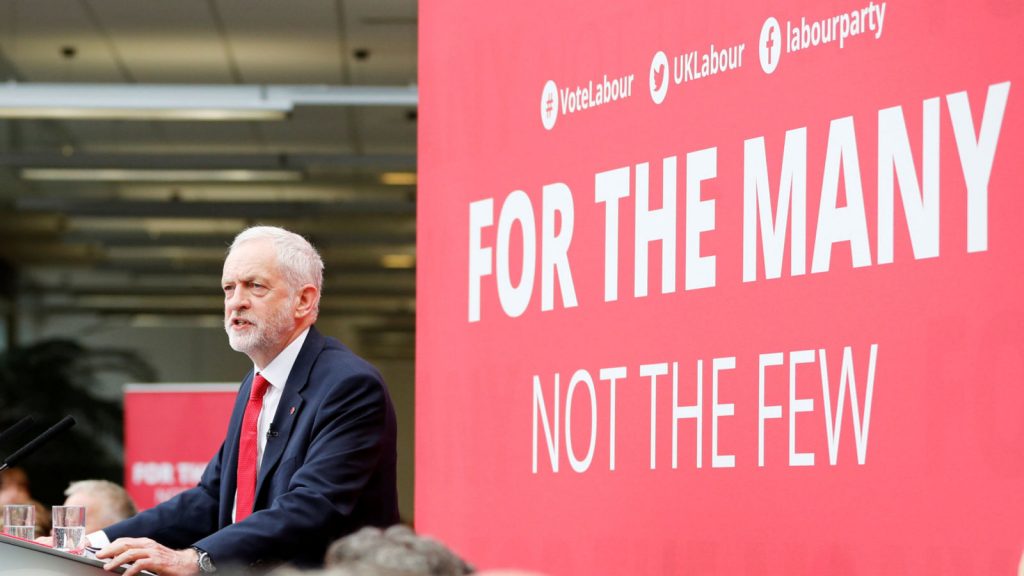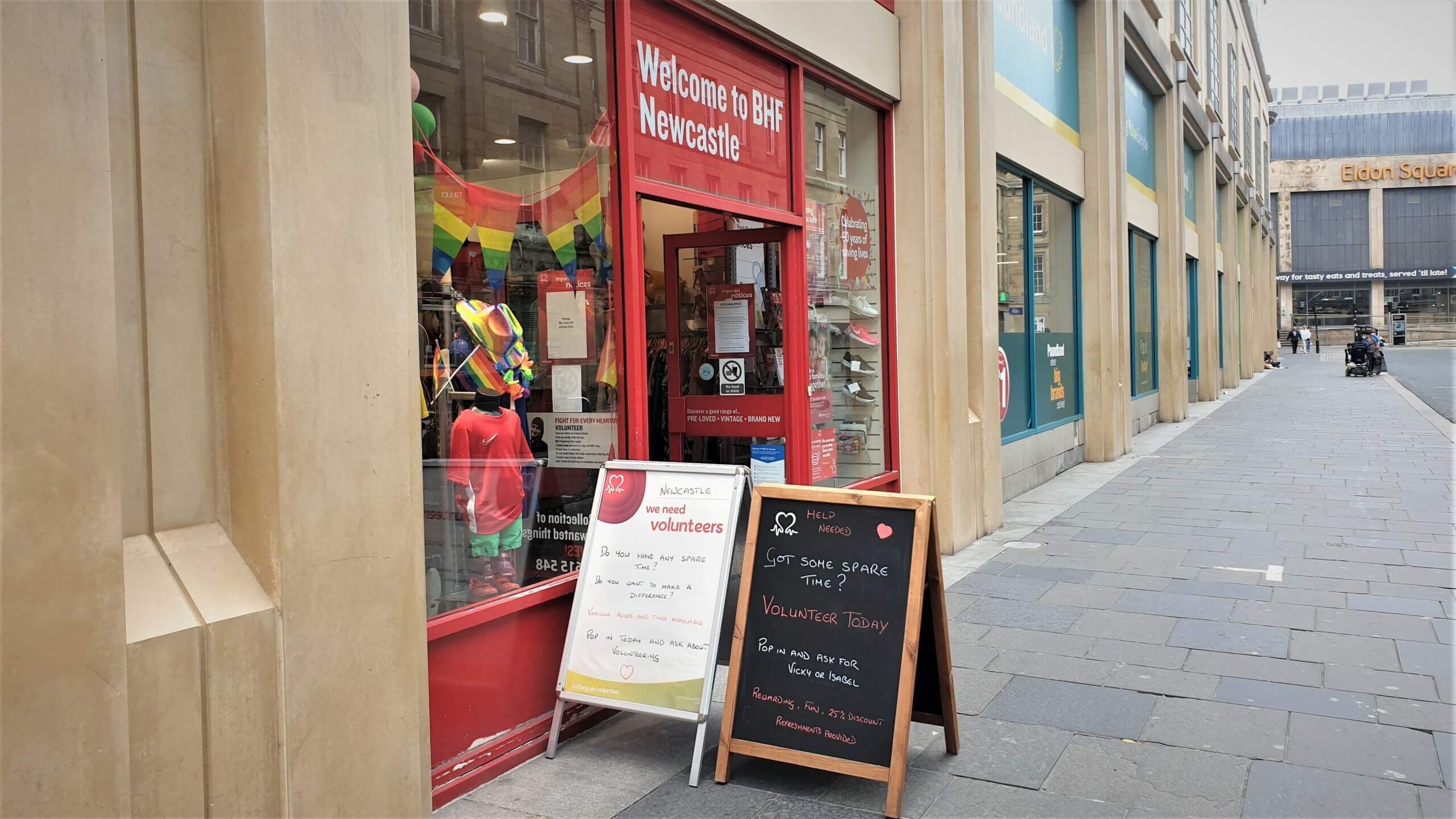
LAST night’s unprecedented Labour party electoral battle – which began in the North East under the slogan ‘For the many, not the few’ – held a little-remembered historic resonance for Sunderland.
For many may not realise that the socialist movement which has led to Jeremy Corbyn’s modern leadership started with North East electoral rebellion in the name of ‘the many, not the few’ on the streets of Sunderland.
It happened during the 1840s, when a popular political movement known as the Chartists shook the political status quo – and two of its famous leaders ran a bookshop in Sunderland; draper’s son George Binns and his friend and political kindred spirit James Williams.
They helped lead Chartism in Sunderland and County Durham – a working class movement, which emerged in 1836 and was most active between 1838 and 1848.
The aim of the Chartists was to gain political rights and influence for the working classes and got their name from the formal petition, or People’s Charter, that listed the six main aims of the movement. These were:
- a vote for all men (over 21)
- the secret ballot
- no property qualification to become an MP
- payment for MPs
- electoral districts of equal size
- annual elections for Parliament
George Binns said at a Chartist meeting in Sunderland: “The tyrants might boast of numbers and energy. The tyrants might array their cruelty, but the people will oppose with bravery. We are bound together with no selfish tie, they might boast of their Wellingtons, but we have a God.”
The movement presented three petitions to Parliament – in 1839, 1842 and 1848 – but each of these was rejected. The last great Chartist petition was collected in 1848 and had, it was claimed, six million signatures.
A little like the media campaign directed against Jeremy Corbyn in the run-up to this election, some opponents of the movement feared that Chartists were not just interested in changing the way Parliament was elected, but wanted to turn society upside down by starting a revolution.
On 22nd July 1839, Binns and Williams were arrested and charged with attending illegal meetings and publishing a seditious handbill.
At their trial in July, 1840, both men were found guilty of attending an illegal meeting and were sentenced to six months imprisonment in Durham Gaol. George Binns and James Williams were released in January 1841. Chartists in the North East met the men at the gates of the prison and after a public meeting in Durham the men marched back to Sunderland.
After his release from Durham Gaol, Binns returned to his drapery business. He continued to speak and work for universal suffrage and in 1841 was nominated as the Chartist parliamentary candidate for Sunderland, but his drapery business failed and in May 1842 he was arrested and sent to Durham Gaol for failing to pay his debts.
After his release from prison, Binns decided to emigrate to New Zealand, where he died of consumption on 5th April, 1847.



